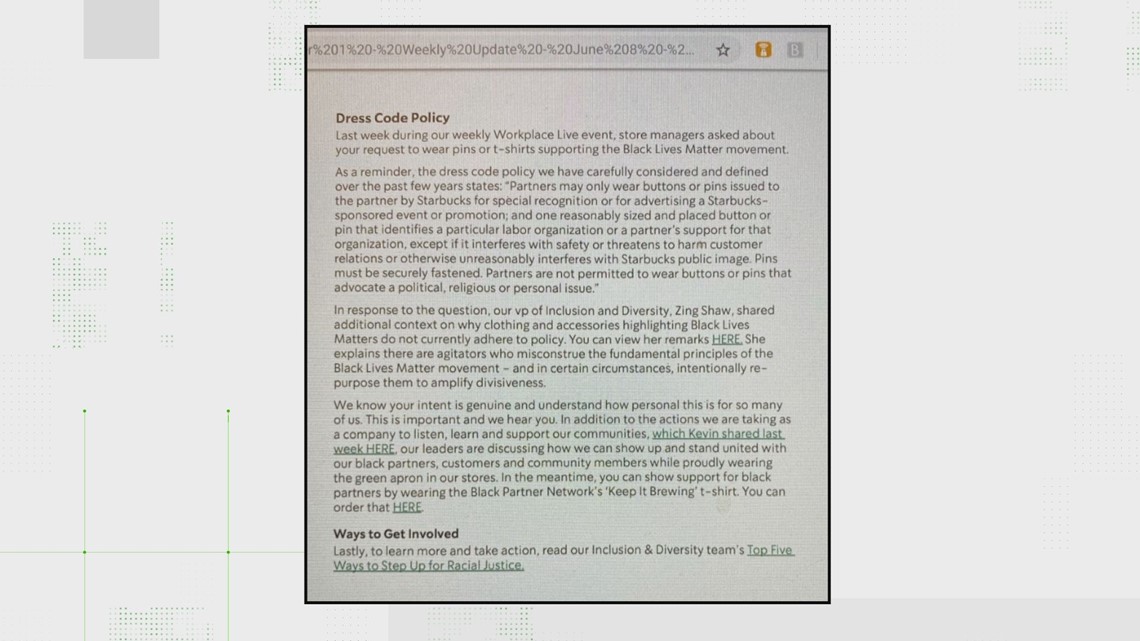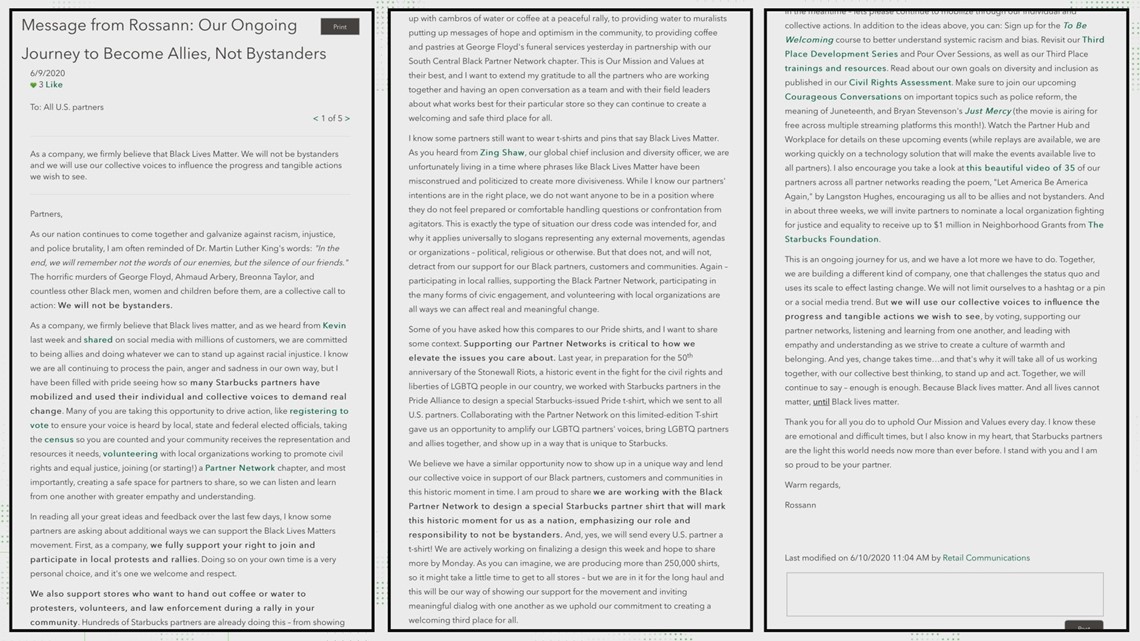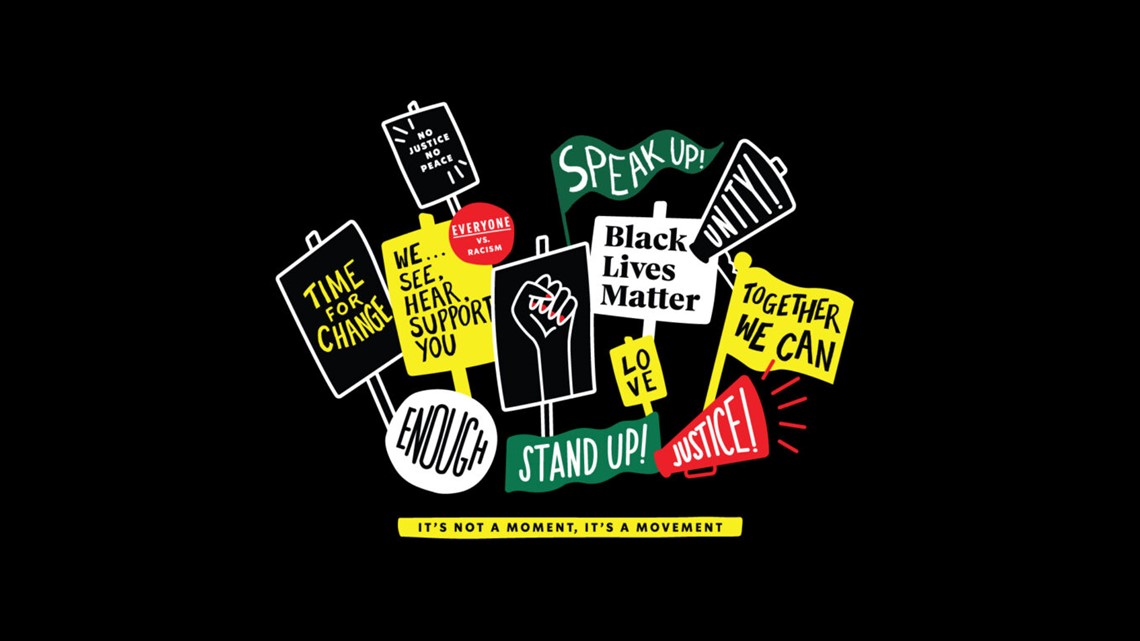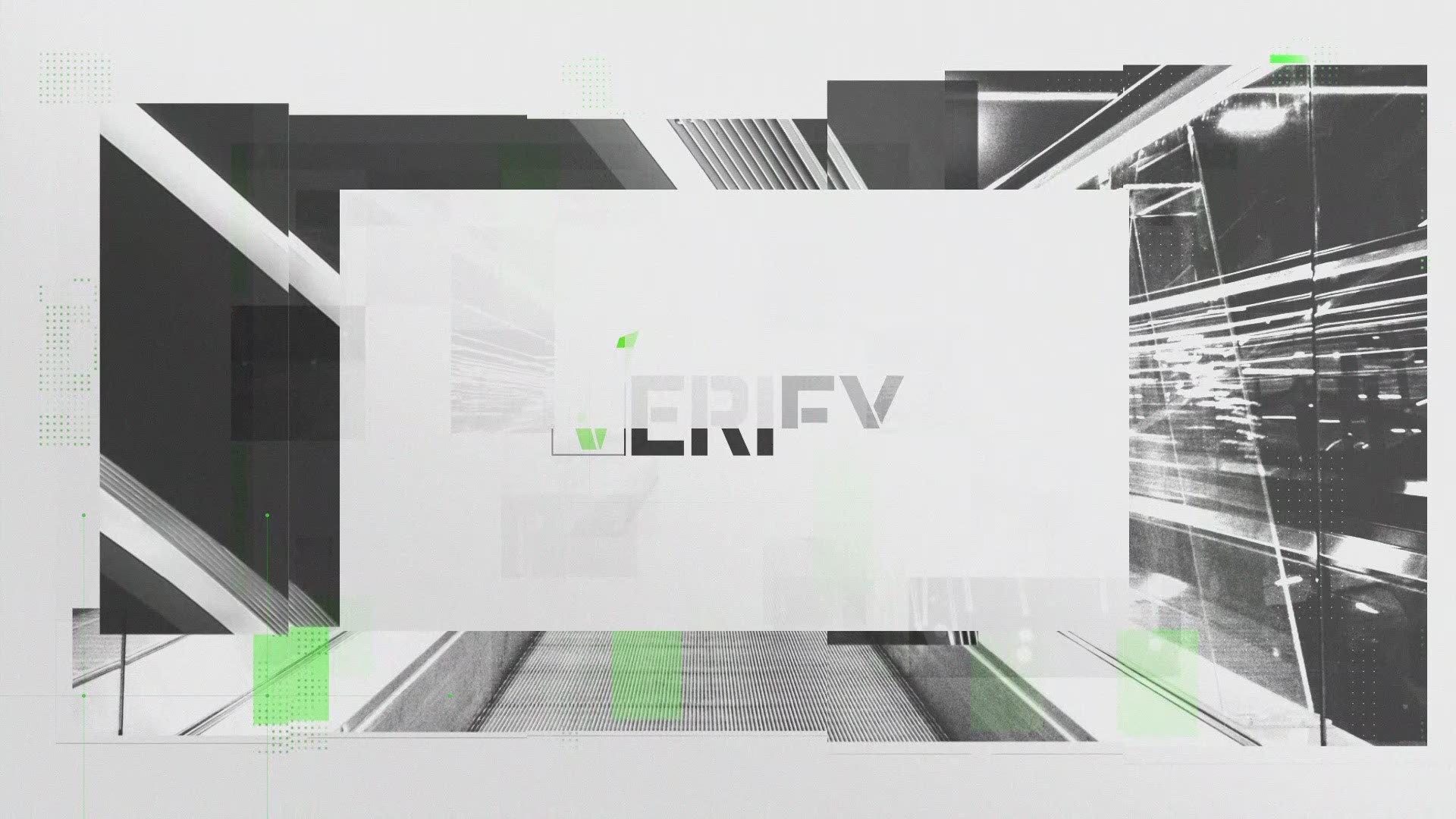WASHINGTON — Question:
Did Starbucks have a dress code, which banned clothing with slogans, including those that read "Black Lives Matter?"
Answer:
Yes. The policy was not directed at BLM attire specifically, but in practice, it restricted employees from wearing clothing or accessories with this slogan. On June 12, the company changed their policy, formally announcing that employees could wear this attire.
Source:
Starbucks Memo on Dress Code, June 8
Starbucks Memo, June 9
Starbucks Public Letter, June 12
Four anonymous Starbucks baristas
Process:
A Verify team viewer, Tiana Banks from Glenarden, MD, sent a question about an online claim, relating to Starbucks. The post claimed that the coffee-selling giant banned employees from wearing Black Lives Matter clothing and accessories.
"Although the company has expressed their support for the black community amid the protest," she said. "Can you Verify if this is true?"
The claim first started to spread on social media when Buzzfeed published an article on June 10, in which the news site reported that it obtained an internal memo on the subject, which was distributed to employees.
To confirm the details of this memo, the Verify team spoke with four baristas, who wished to remain anonymous. These employees sent the Verify team copies of two memos, sent from Starbucks leadership to employees.
The first memo, which was distributed on June 8, was titled "Dress Code Policy." This is the same memo obtained by Buzzfeed, which lead to the viral claims. The memo outlined the dress code policy for employees.


"Partners are not permitted to wear buttons or pins that advocate a political, religious or personal view," the letter read in part.
The memo then addressed the "Black Lives Matter" slogan directly.
"There are agitators who misconstrue the fundamental principles of the Black Lives Matter movement," it read. "And in certain circumstances, intentionally re-purpose them to amplify divisiveness."
The Verify team was then able to obtain a second memo from multiple employees, which was distributed on June 9. The message was signed by Executive Vice President for Starbucks, Rossann Williams. The message began by expressing support for the movement.


"We will not be bystanders," the letter read. "As a company, we firmly believe that Black Lives matter..."
In the memo, leadership also encouraged stores to "hand out coffee or water to protesters, volunteers, and law enforcement" during rallies, if they wish to do so. The message then addressed the dress code.
"I know some partners still want to wear t-shirts and pins that say Black Lives Matter. As you heard from Zing Shaw, our global chief inclusion and diversity officer, we are unfortunately living in a time where phrases like Black Lives Matter have been misconstrued and politicized to create more divisiveness. While I know our partners' intentions are in the right place, we do not want anyone to be in a position where they do not feel prepared or comfortable handling questions or confrontation from agitators. This is exactly the type of situation our dress code was intended for, and why it applies universally to slogans representing any external movements, agendas or organizations - political religious or otherwise."
One day later, on June 10, the Buzzfeed article was released, and the backlash began. On June 12, Starbucks Leadership penned another letter, which was posted publicly to their website.
The company announced that they would release 250,000 t-shirts with a Black Lives Matter design. Importantly, the company would also allow employees to wear their own BLM clothing or attire, while they await the branded t-shirts.
"Until these arrive," the note read in part. "We've heard you want to show your support, so just be you. Wear your BLM pin or t-shirt. We are so proud of your passionate support of our common humanity."


The Verify team reached out to Starbucks directly, to ask about the original policy. The company did not comment on the memos obtained by The Verify team. However, on Twitter, the company did begin responding to news articles about the ban.
“This is no longer the case," the Tweet read. "Store partners may now express their unity and solidarity with the Black community by wearing Black Lives Matter t-shirts, pins and name tags.”

